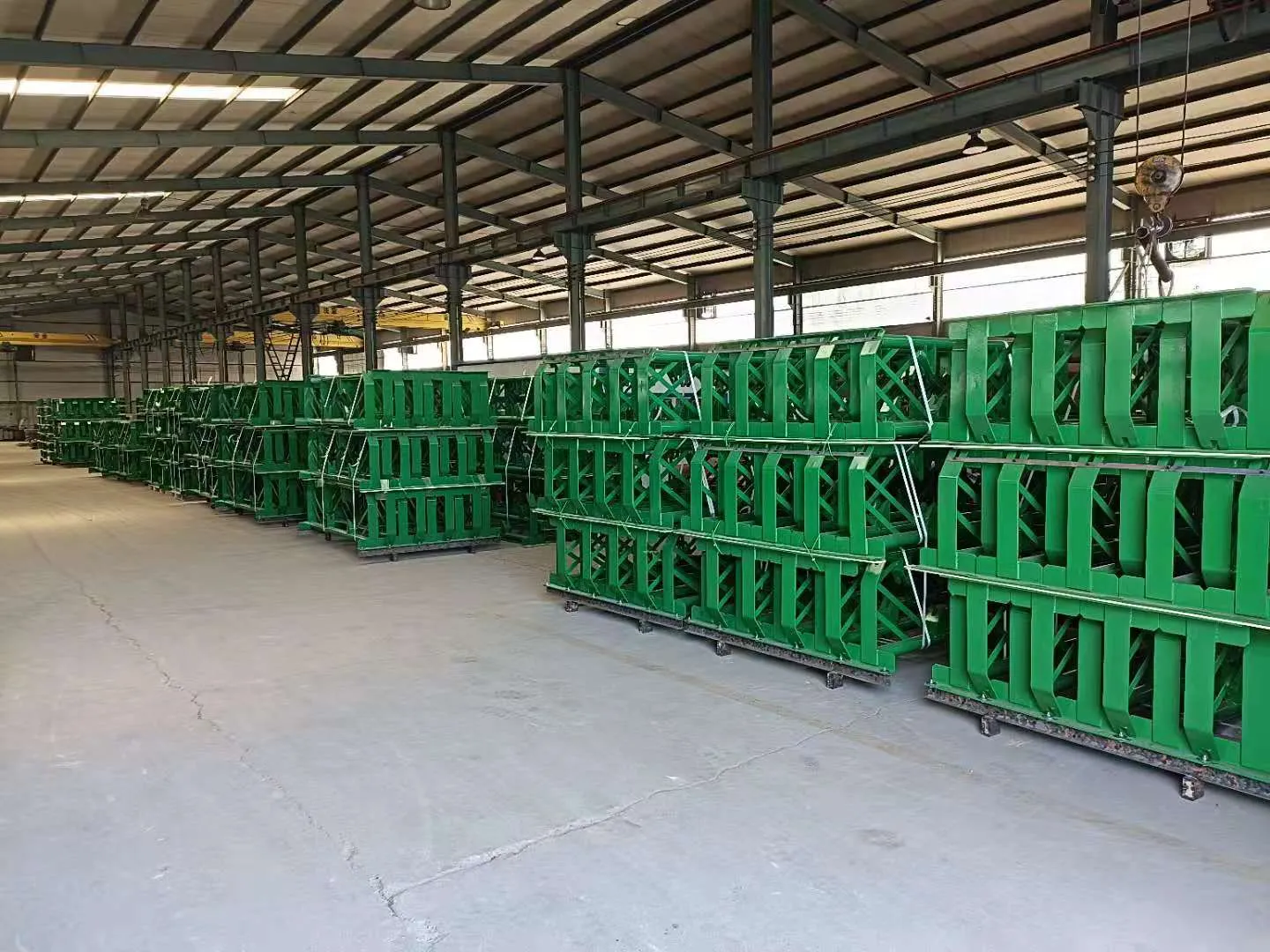 Afrikaans
Afrikaans  Albanian
Albanian  Amharic
Amharic  Arabic
Arabic  Armenian
Armenian  Azerbaijani
Azerbaijani  Basque
Basque  Belarusian
Belarusian  Bengali
Bengali  Bosnian
Bosnian  Bulgarian
Bulgarian  Catalan
Catalan  Cebuano
Cebuano  Corsican
Corsican  Croatian
Croatian  Czech
Czech  Danish
Danish  Dutch
Dutch  English
English  Esperanto
Esperanto  Estonian
Estonian  Finnish
Finnish  French
French  Frisian
Frisian  Galician
Galician  Georgian
Georgian  German
German  Greek
Greek  Gujarati
Gujarati  Haitian Creole
Haitian Creole  hausa
hausa  hawaiian
hawaiian  Hebrew
Hebrew  Hindi
Hindi  Miao
Miao  Hungarian
Hungarian  Icelandic
Icelandic  igbo
igbo  Indonesian
Indonesian  irish
irish  Italian
Italian  Japanese
Japanese  Javanese
Javanese  Kannada
Kannada  kazakh
kazakh  Khmer
Khmer  Rwandese
Rwandese  Korean
Korean  Kurdish
Kurdish  Kyrgyz
Kyrgyz  Lao
Lao  Latin
Latin  Latvian
Latvian  Lithuanian
Lithuanian  Luxembourgish
Luxembourgish  Macedonian
Macedonian  Malgashi
Malgashi  Malay
Malay  Malayalam
Malayalam  Maltese
Maltese  Maori
Maori  Marathi
Marathi  Mongolian
Mongolian  Myanmar
Myanmar  Nepali
Nepali  Norwegian
Norwegian  Norwegian
Norwegian  Occitan
Occitan  Pashto
Pashto  Persian
Persian  Polish
Polish  Portuguese
Portuguese  Punjabi
Punjabi  Romanian
Romanian  Russian
Russian  Samoan
Samoan  Scottish Gaelic
Scottish Gaelic  Serbian
Serbian  Sesotho
Sesotho  Shona
Shona  Sindhi
Sindhi  Sinhala
Sinhala  Slovak
Slovak  Slovenian
Slovenian  Somali
Somali  Spanish
Spanish  Sundanese
Sundanese  Swahili
Swahili  Swedish
Swedish  Tagalog
Tagalog  Tajik
Tajik  Tamil
Tamil  Tatar
Tatar  Telugu
Telugu  Thai
Thai  Turkish
Turkish  Turkmen
Turkmen  Ukrainian
Ukrainian  Urdu
Urdu  Uighur
Uighur  Uzbek
Uzbek  Vietnamese
Vietnamese  Welsh
Welsh  Bantu
Bantu  Yiddish
Yiddish  Yoruba
Yoruba  Zulu
Zulu Belt Wiper Solutions for Efficient Cleaning and Maintenance Across Various Industries
The Versatile Belt Wiper An Essential Tool for Modern Industries
In the realm of industrial machinery and manufacturing processes, efficiency and cleanliness are paramount. One of the often-overlooked components that contribute significantly to these operational goals is the belt wiper. This simple yet effective device plays a crucial role in various industries, ensuring that conveyor belts and other machinery operate smoothly and efficiently.
Understanding Belt Wipers
A belt wiper is a component designed to remove debris, dust, and other contaminants from the surface of a conveyor belt. It is typically made of durable materials such as rubber or polyurethane, which provide both flexibility and resistance to wear. The primary function of a belt wiper is to maintain the cleanliness of the belt, thereby preventing any potential buildup that could lead to machinery inefficiency or mechanical failure.
Belt wipers are often installed in various positions along the conveyor belt system, particularly at discharge points where materials exit the belt. By wiping the surface clean, these devices ensure that the materials being transported do not carry additional contaminants, which could compromise the quality of the final product. In industries where sanitation is crucial, such as food processing, the role of belt wipers becomes even more critical.
The Importance of Belt Wipers in Various Industries
1. Food Processing In food processing plants, maintaining a clean and sanitary environment is essential. Belt wipers help prevent cross-contamination by removing leftover particles and residues from the conveyor belts. This not only ensures compliance with health standards but also enhances the quality of the food products being processed.
2. Mining and Aggregates In the mining industry, conveyor belts transport ores and minerals that can be abrasive and gritty. Belt wipers help reduce wear and tear on the belts by preventing the accumulation of material, which can lead to increased maintenance costs and potential breakdowns.
3. Packaging and Manufacturing In manufacturing settings, conveyor belts are used to transport products through various stages of production. Any contamination on these belts can result in defects in the final products. Belt wipers ensure that the belts are kept clean, minimizing the risk of defects and enhancing overall production efficiency.
belt wiper

4. Automotive Industry In automotive manufacturing, parts are transported on conveyor belts throughout the assembly line. Belt wipers are crucial in this environment to remove oils, dust, and other residues that might interfere with assembly processes or paint application, ensuring a high-quality finish on vehicles.
Benefits of Using Belt Wipers
The implementation of belt wipers in industrial settings offers several benefits
- Enhanced Efficiency By keeping conveyor belts clean, equipment operates more smoothly, leading to fewer disruptions and higher productivity.
- Reduced Maintenance Costs Regular cleaning facilitated by belt wipers can significantly extend the lifespan of conveyor belts and other machinery, thereby reducing the need for frequent repairs and replacements.
- Improved Product Quality In industries where product integrity is vital, belt wipers ensure that no contaminants compromise the quality of the end products.
- Compliance with Regulations Especially in industries like food processing, where hygiene is critical, belt wipers help companies adhere to strict regulatory standards, avoiding costly fines and reputational damage.
Conclusion
In summary, the belt wiper is a vital yet often underestimated tool in various industrial applications. Its ability to maintain cleanliness and operational efficiency cannot be overstated. As industries continue to evolve and prioritize efficiency and quality, the role of belt wipers will become increasingly important. Investing in high-quality belt wipers not only enhances equipment performance but also contributes to better product outcomes and operational reliability. Thus, ensuring that this essential device is part of every conveyor system should be a priority for industries aiming for success in today's competitive market.
-
Revolutionizing Conveyor Reliability with Advanced Rubber Lagging PulleysNewsJul.22,2025
-
Powering Precision and Durability with Expert Manufacturers of Conveyor ComponentsNewsJul.22,2025
-
Optimizing Conveyor Systems with Advanced Conveyor AccessoriesNewsJul.22,2025
-
Maximize Conveyor Efficiency with Quality Conveyor Idler PulleysNewsJul.22,2025
-
Future-Proof Your Conveyor System with High-Performance Polyurethane RollerNewsJul.22,2025
-
Driving Efficiency Forward with Quality Idlers and RollersNewsJul.22,2025





























